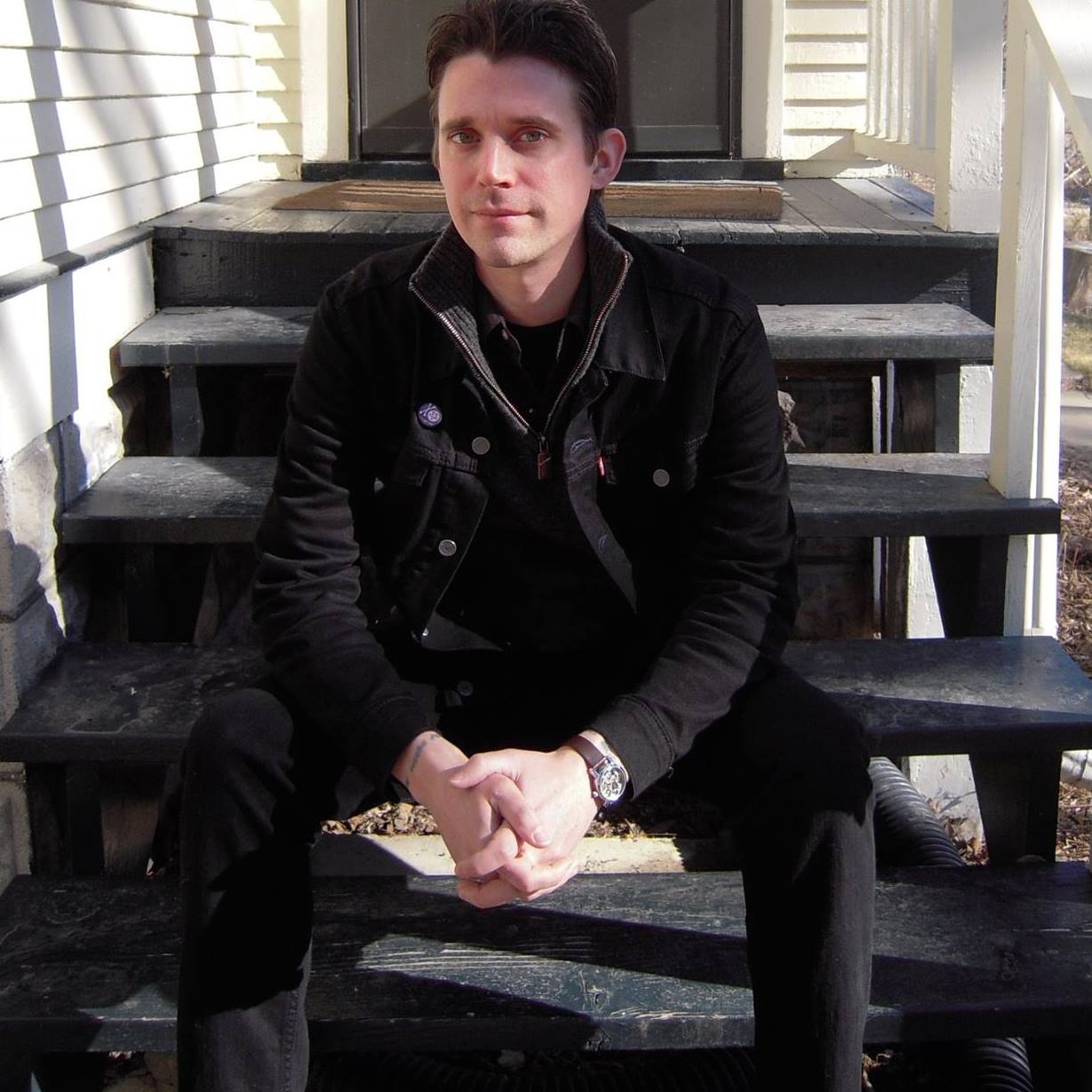This post, “What to Leave Out” by Laurie Easter, is re-blogged from BREVITY’S Nonfiction Blog. Click here to read the full original post. Don’t miss the Sonja Livingston (The Virgin of Prince Street: Expeditions into Devotion) YouTube interview series “The Memoir Café” embedded in the interview.
Initially, I said that if something doesn’t serve the narrative, then it gets cut (or possibly it was never included in the first place). But I am an essayist who does not write in a strictly narrative form. Often, my essays are lyric—hermit crab, braided, mosaic—pieces that defy standard narrative form, so “it doesn’t serve the narrative,” while applicable some of the time, does not always apply. And in these lyric essay styles, gaps and spaces—what is left out—can be integral to the formation of connections made by the reader.
Sometimes the choice of what to leave out is about protecting someone’s privacy. Inevitably, when we write creative nonfiction, we cannot tell our own story without sharing parts of someone else’s. This can be tricky and requires careful consideration.





